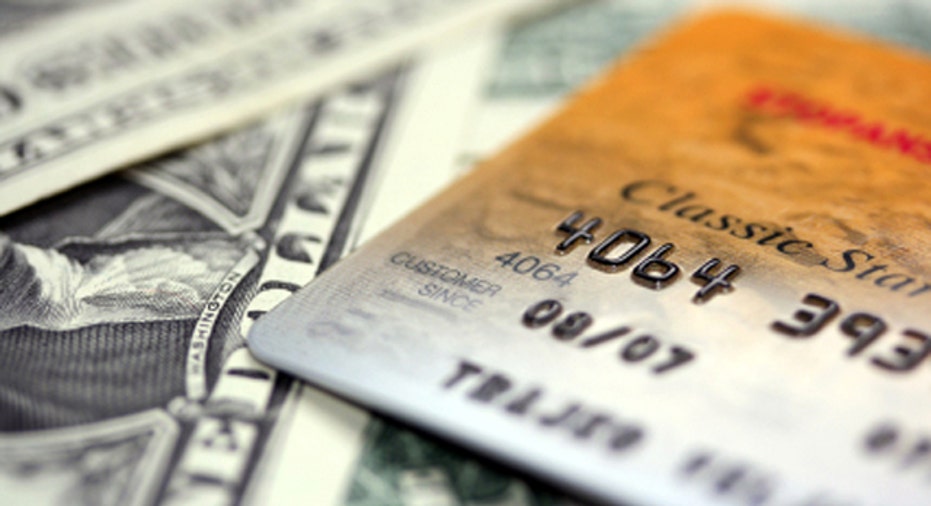Your Account is Way Past Due. Now What?

Dear Debt Adviser, If I settle accounts that are significantly past due, does this help my credit score as much as paying off the entire balance? I know there is the difference to be paid on taxes, etc., but I am concerned with the credit score. -- Mike
Dear Mike, Wanting a good credit score is all well and good, but I want you to remember where your score comes from. It comes from the actions you take every day in your financial life. Once an account is significantly past due, the real damage is already done. Paying off or settling your debts are just different flavors of frosting on your debt-filled cupcake!
But your question is a fair one, and you are certainly not alone in wondering and worrying about how to improve your credit score. Many people spend way too much time and money being overly concerned with their three-digit credit score. Don't get me wrong, your credit history and credit score are very important. What concerns me is that you, and many others, focus on how to improve bad credit scores rather than how to get and keep a good score in the first place. It's much better and easier to pay your bills on time and let your score follow your good credit habits.
Let me illustrate my point with something I call "credit ecology." Most of us try to protect our environment whenever possible, right? Well, "credit ecology" works on the same principle. Think of late payments as pollution in your credit report. They damage the credit environment and can ruin your credit score. What's more: Fixing bad credit is like cleaning a toxic-waste spill. In both cases, you would have been better off if you avoided the mess in the first place.
Your score is a direct reflection of your financial actions. If you concentrate on improving your overall financial situation and habits, or your credit ecology, your credit score will automatically follow.
I recommend that you look at your total financial picture, not just your credit score, to determine whether to settle your credit card debt or work out a plan to pay your balances in full. Neither will make a significant impact on your credit score. It may be slightly better to pay off the balances than to settle. But, again, I believe you would be better off making the decision based on your financial situation rather than how it will affect your credit score.
Should you decide to settle your debt, you are correct that there may be tax consequences. Your creditors are required to file a 1099-C tax form for forgiven debt in the amount of $600 or more. So, if you settle a $10,000 debt for, say, $5,000, you will be issued a 1099-C in the amount of $5,000. That amount is considered income by the Internal Revenue Service, and you must include it on your income tax return for that year and pay taxes on that amount. An exception to that rule would be if you can prove that you were insolvent at the time the debt was forgiven.
Good luck!
Bankrate's content, including the guidance of its advice-and-expert columns and this website, is intended only to assist you with financial decisions. The content is broad in scope and does not consider your personal financial situation. Bankrate recommends that you seek the advice of advisers who are fully aware of your individual circumstances before making any final decisions or implementing any financial strategy. Please remember that your use of this website is governed by Bankrate's Terms of Use.



















